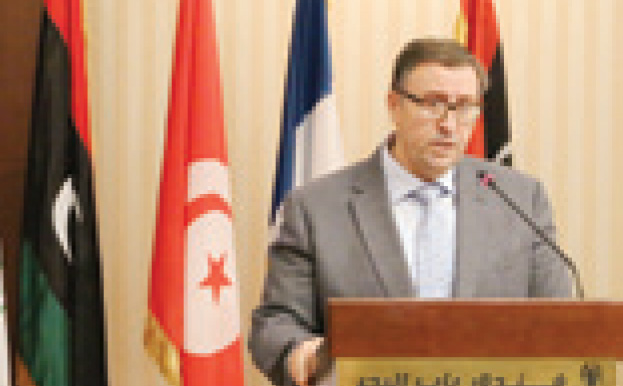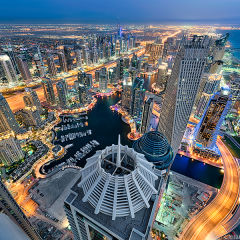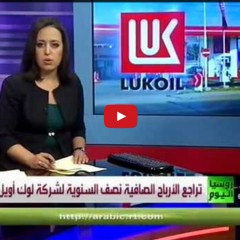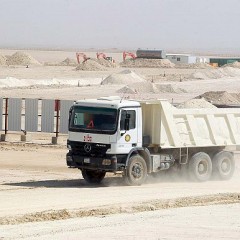
Libya
Transformation of Islamic Economics and Contraction in Trade with China

year, which is less 20% than the target $50 billion. Libya tends to transform its banking and economic system to comply fully with Islamic law that bans interest payments, as announced by the Ministry of Economy. The source added that experts would now study how best to apply Islamic Sharia law in the economy. During the pre- revolution stage, the growth of Islamic banking was not encouraged and four state-controlled institutions dominated the relatively undeveloped financial sector. Regarding a starting date, it depends on in-depth studies to examine the market and the Libyan economy. The National Congress, which convened lately, granted the government a deadline to terminate the interest dealings since the changes will take effect as of the beginning of 2015. And the Libyan government is optimistic about joining a growing global trend, at a time that more and more countries move towards Sharia in the wake of banking crises in the United States and Europe; indeed, the entire word is moving toward an Islamic economy. The International Monetary Fund (IMF) forecasted that GDP will contract by 5.1% in 2013, in the absence of accurate statistics, due to the fact that the protesters have seized control of oil ports 6 months ago, hampering oil exports and reducing the production of Libyan oil to a fraction of its capacity amounting to 1.25 million barrels per day. The average production of oil in Libya recorded 1.4 million barrels per day in 2012, as compared with 1.6 million barrels per day in 2011. Moreover, the closure of the Sharara Oil Field again by armed groups caused a loss of approximately 34 million dollars per day, according to the director of Sharara Oil Field, Hassan Saddik said.

















